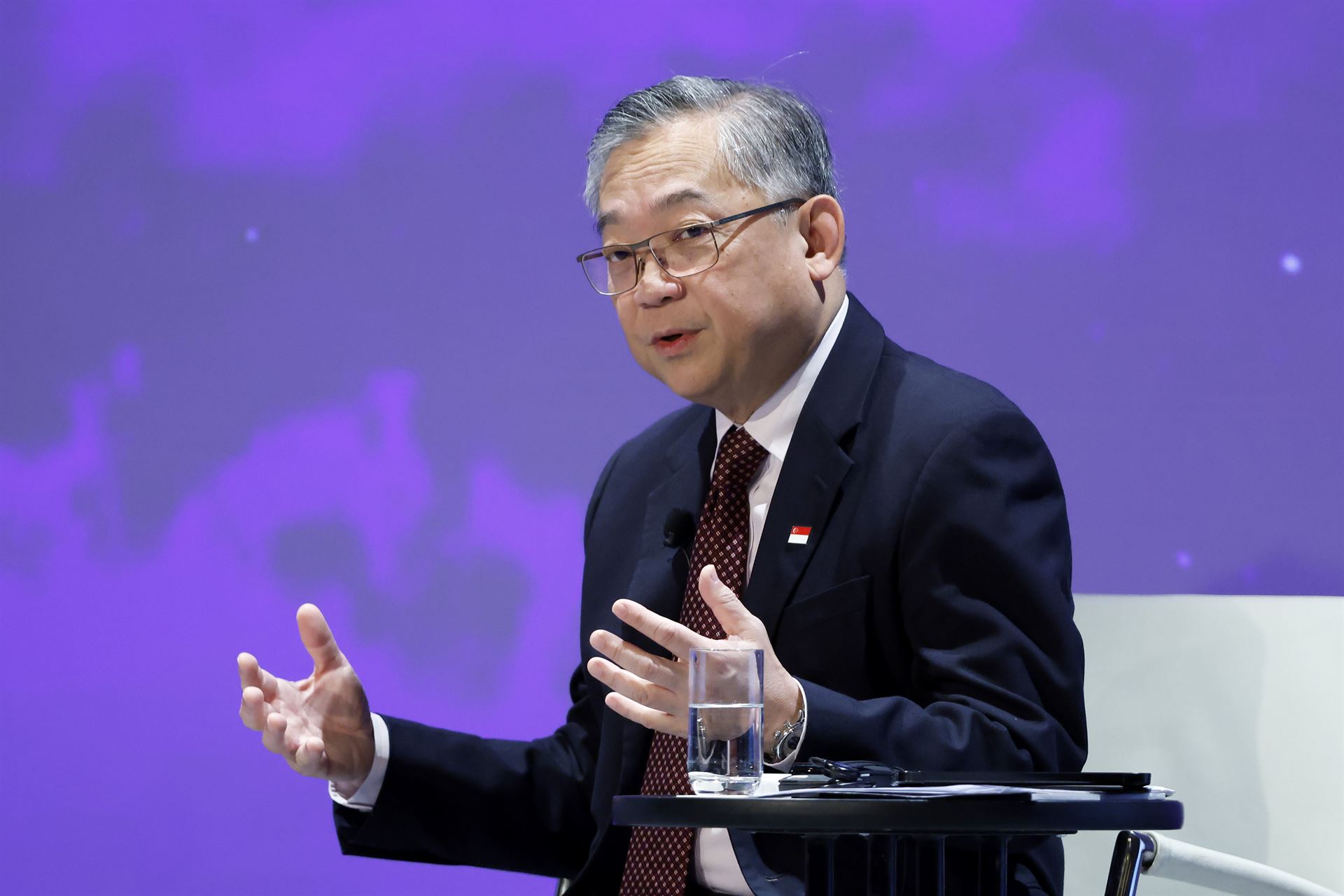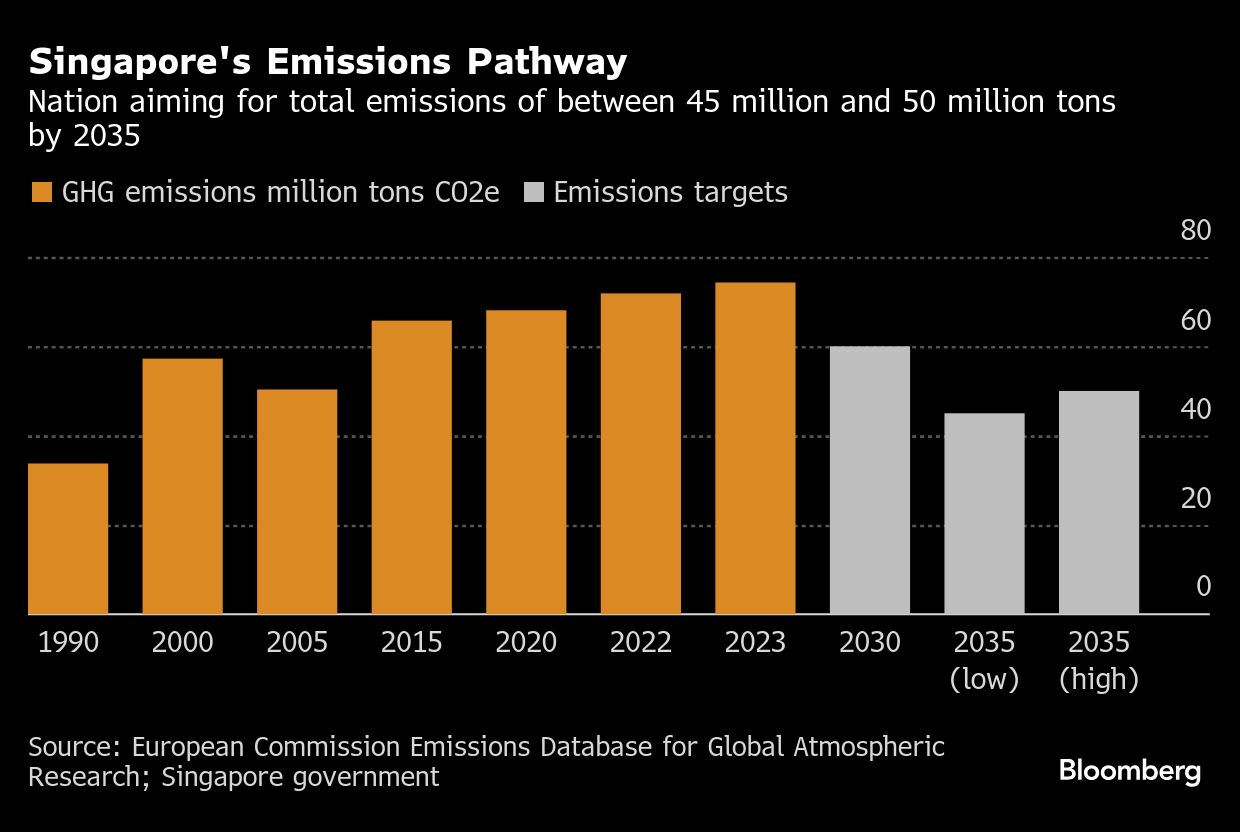
Action to tackle climate change is facing the most uncertain global backdrop since the Paris Agreement was struck in 2015, according to Singapore’s Deputy Prime Minister Gan Kim Yong.
“Geopolitical shifts and heightened trade and economic uncertainty present significant challenges,” Gan, who serves as the Monetary Authority of Singapore’s chairman, said Wednesday in the central bank’s annual sustainability report. Decarbonization efforts are being impacted as lenders rethink their approach, and with “other institutional supporters of climate action reassessing their commitments,” he said.
ALSO READ: ADB approves cofinancing with AIIB for Bangladesh's climate-resilient project
Companies globally have retreated from commitments on emissions reductions, nations have delayed plans to update national green targets, and ESG funds are experiencing record outflows. Strategies to support climate action have suffered from weak returns, regulatory fatigue and a wave of political opposition, particularly from President Donald Trump’s US administration.

Singapore is pressing listed companies to make more stringent climate disclosures. In February, the island set more ambitious plans to lower greenhouse gas emissions through 2035, though it warned progress will require continued development of new technologies and will need clean electricity imports.
READ MORE: Study: Coral reefs face race against time as climate change outpaces their survival
The updated targets support the city-state’s ambition to hit net zero emissions by mid-century and to “develop a competitive, low-carbon economy that drives green investment and innovation,” Gan said.
READ MORE: Dust storms sweep across Australia as experts warn of growing climate extremes
Southeast Asia’s low-carbon transition continues to “present significant economic opportunities,” the authority’s Chief Sustainability Officer Gillian Tan said in a separate statement. Roughly S$1.1 trillion ($860 billion) in financing could be required over the next decade for the region’s power sector to boost renewables capacity, upgrade grids and add battery storage systems.


